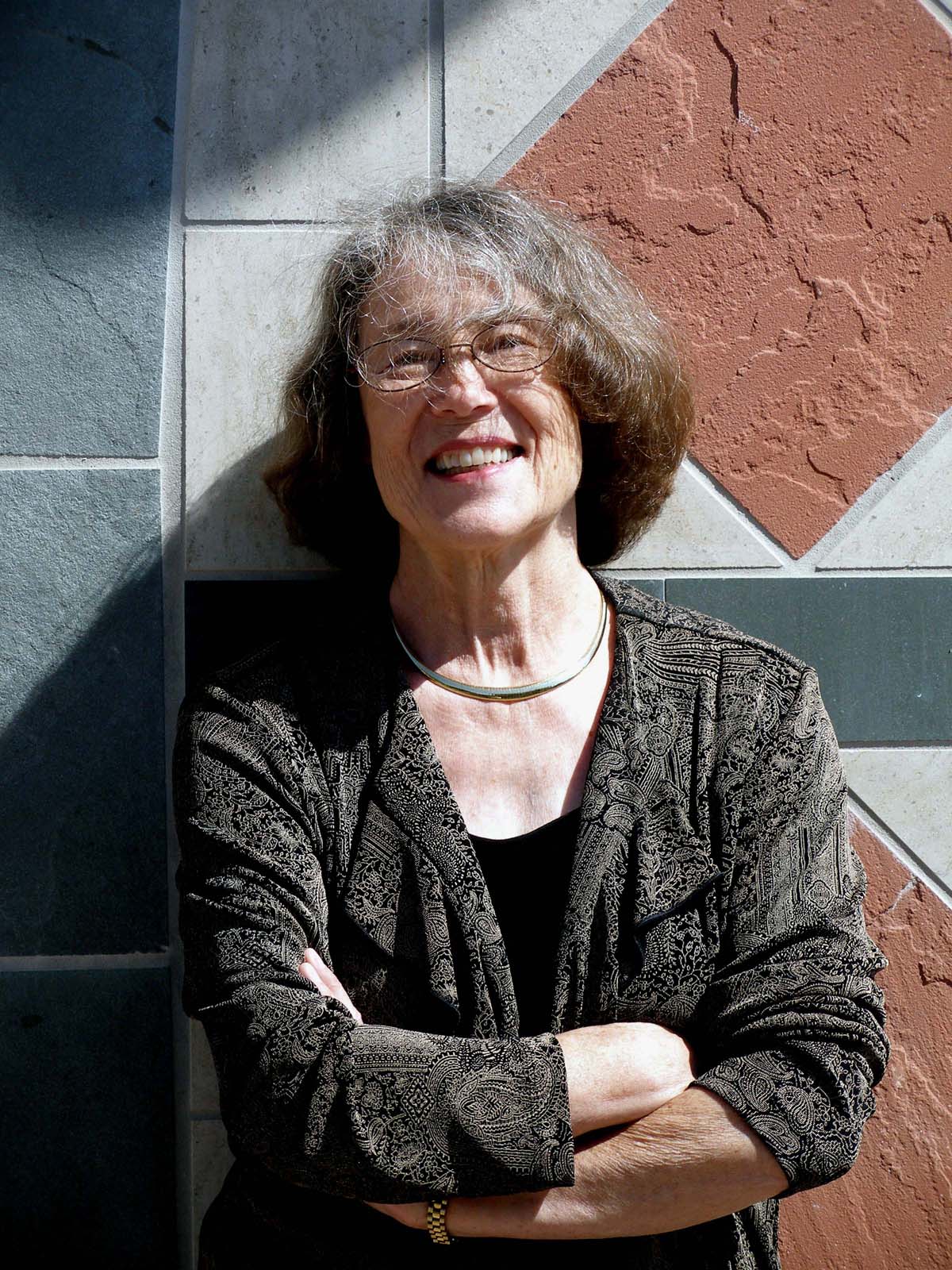I currently chair the UCSB Committee on Academic Freedom and serve as a member of the All-UC Committee on Academic Freedom (CAF). Reach the committee with concerns in this area at mfurner@ucsb.edu or furner@history.ucsb.edu
I work on how experience and knowledge as well as partisanship and ideology affect the making of public policy in the U.S. I look particularly at how economic knowledge and theories of ways that the U.S. and world capitalist economies work (and fail to work for some groups) have entered into public policy discourses,the media, and popular political narratives between the mid-19th and the late-20th centuries. I also study the history of labor standards regulation, in relation to specific national political structures and jurisprudence.
- 19th and 20th Century U. S.
- Political Economy; History of Capitalism
- History of Public Policy
- History of Economic and Social Thought
- Labor Standards Regulation
- Statism and Anti-statism in the U.S. Political Tradition
- The Public and Its Limits: Statism and Anti-Statism in the American Political Tradition, 1880-1950
- Processes of Periodization: The Rhetorical Construction of a Laissez Faire Era and a Vision of a New American State in the U.S. “Gilded Age” in the U.S. Gilded Age
- “Defining the Public Good in the U.S. Gilded Age, 1883-1898: ‘Freedom of Contract’ versus ‘Internal Police’ in the Tortured History of Employment Law and Policy,” Journal of the Gilded Age and Progressive Era 17:2 (April 2018):1-35
-
Not All Il-Liberal: Academic Reform Thought in the Long Progressive Era, Review Essay, Thomas Leonard, Illiberal Reformers, in Research in the History of Economic Thought and Methodology 35B (2017):325-343
- Considering Thomas Piketty’s Capitalism in the Twenty-First Century, H-France Salon 7:2 (2015)
- Policy Knowledge: New Liberalism, International Encyclopedia of the Social and Behavioral Sciences (Elsevier, 2015)
- “Ideas, Interdependencies, Governance Structures,and National Political Cultures: Norbert Elias’s Work as a Window on U.S. History,” Civilizing and Decivilizing Processes: Figurational Approaches to American Culture, eds. Christa Buschendorf, Astrid Franke, Johannes Voelz (Cambridge Scholars Press, 2011)
- Advocacy and Objectivity: A Crisis in the Professionalization of American Social Science 1865-1905, with new introduction
(1975; Transaction Press edition, 2010) - “From ‘State Interference’ to the ‘Return to the Market’: The Rhetoric of Economic Regulation From the Old Gilded Age to the New,” Government and Markets, eds. Edward Balleisen & David Moss (Cambridge University Press, 2009), 92-142,
- “Inquiring Minds Want to Know: Social Investigation in History and Theory,” Modern Intellectual History 6:1 (2009):147-70
- “Structure and Virtue in United States Political Economy”
Journal of the History of Economic Thought 27:1 (2005): 1-27 - “Social Scientists and the State,” Intellectuals and Political Life, eds. Leon Fink et al. (Cornell University Press, 1996) pp. 145-81
- “The Republican Tradition and the New Liberalism: Social Investigation, State Building, and Social Learning in the Gilded Age”
The State and Social Investigation in Britain and the United States, eds. Michael J. Lacey and Mary O. Furner (Cambridge University Press, 1993) pp.171-241 - “Knowing Capitalism: Public Investigation of the Labor Question in the Long Progressive Era”
The State and Economic Knowledge: The American and British Experience, eds. Mary O. Furner and Barry Supple ( Cambridge University Press, 1990) pp. 241-86
- History 17B: The American People (Sectional Crisis through Progressivism)
- History 165: America in the Gilded Age, 1876 to 1900
- History 166A: United States in the Twentieth Century (1900 to 1929)
- History 166B: United States in the Twentieth Century (1930 to 1959)
- History 166P: Proseminar in Twentieth-Century United States History
- History 174B: Wealth and Poverty in America (Civil War to World War II)
- History 174DR: Directed Readings on Wealth and Poverty
- History 200AM: Historical Literature: America
- History 201AM: Social Thought and the Making of the Modern U.S. Order
- History 201AM: Capitalism, Crisis, and Political Economy
- History 218A: Readings Seminar: Introduction to Policy History
- History 272A-B: Research Seminar in American Political and Intellectual History
- History 291A-B: Research Seminar in Knowledge and Policy, Institutions and Power
- History 292B: Foundations of U.S. History, 1846-1917
- History 218 B-C: Research Seminar in the History of Public Policy
- Member, Editorial Board, Review of the History of Economic Thought and Methodology, 2016
- Outstanding Graduate Mentor Award, 2015
- Distributional Effects of Transnational Regulation Conference, Scuola Superiore della Pubblica Amministrazione, Rome, Italy, 2012
- Columbia Law School Conference on Dividing the Transnational Regulatory Space, 2011
- James Tobin Project Conference on Government and Markets: Ferment in a Time of Crisis, 2009
- James Tobin Project Conference on Government and Markets: Toward a New Theory of Economic Regulation, 2008
- Fulbright Distinguished Chair in American Studies, Johann Wolfgang Goethe-Universitat, 2007
- Distinguished Lecturer, History of Economics Society, 2005
- NEH Endowment for the Humanities Fellow, 1988-89
- Woodrow Wilson International Center for Scholars Fellow, 1982
- Frederick Jackson Turner Prize and C. Wright Mills Award, 1975
Current and Former Graduate Students Directed
- John Baranski, Associate Professor of History, El Camino Community College
- David Schuster, Associate Professor of History, Indiana University-Purdue University, Fort Wayne
- Joshua Ashenmiller, Associate Professor of History, Fullerton College
- Mark Hendrickson, Associate Professor of History, University of California, San Diego
- Carol Feinberg, retired, former UCSB Summer Session Instructor, Department of History, UCSB
- Jill Margaret Jensen, Visiting Assistant Professor, Redlands University
- Dustin Walker, Development Office, UC San Diego
- Clarence Wunderlin, Ph.D. (NIU), Professor of History, Kent State University
- Vincent Gaddis,Ph.D. (NIU), Professor of History and Global Studies, Benedictine College, Illinois
- Jean Kadel, Ph.D. (NIU), History Teacher, Illinois Mathematics and Science Academy

